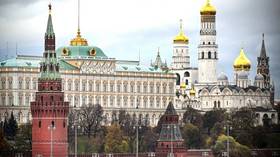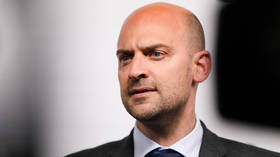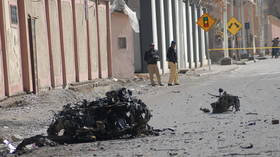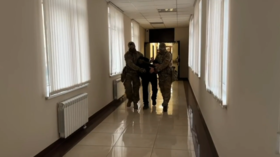ICC issues arrest warrant for Putin
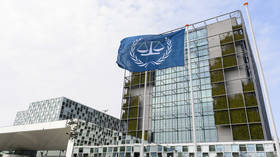
The Pre-trial Chamber of the International Criminal Court (ICC) issued warrants on Friday for the arrest of Russian President Vladimir Putin and Maria Lvova-Belova, the presidential commissioner for children’s rights.
The Hague-based tribunal is not recognized by Moscow, and the move has no legal validity in Russia. The US also does not recognize the body, which has been accused of being Eurocentric and biased towards the West.
The Russian Foreign Ministry immediately dismissed the announcement. “The decisions of the International Criminal Court do not matter to our country, including from a legal point of view,” spokeswoman Maria Zakharova wrote on Telegram.
“We consider the very premise outrageous and unacceptable,” Kremlin spokesman Dmitry Peskov said. “Russia, like many other states, does not recognize the jurisdiction of this court. Accordingly, any of its pronouncements are null and void to the Russian Federation from the legal standpoint.”
Senator Andrey Klishas, a senior member of the ruling United Russia party, called the announcement “absurd,” saying the ICC is putting itself on the road to self-destruction.
The ICC alleged that Putin and Lvova-Belova engaged in the “unlawful deportation of population (children) and that of unlawful transfer of population (children) from occupied areas of Ukraine to the Russian Federation.”
Thousands of residents of Donetsk, Lugansk, Zaporozhye, and Kherson – four regions that overwhelmingly voted to join Russia last September – have been evacuated to the interior of Russia due the deliberate shelling of civilians by Ukrainian forces, often using NATO-supplied weapons.
The court claims that Putin and Lvova-Belova bear individual and command responsibility for the alleged crime under several articles of its establishing treaty, the Rome Statute. As Zakharova noted, however, Russia never ratified the statute and is not under the ICC’s jurisdiction.
Neither is the US, which has championed Ukraine’s claims of Russian “war crimes.” The US Congress adopted a law in 2002 prohibiting any Americans from cooperating with the ICC, or extradition of US citizens for trial there. The American Service-Members’ Protection Act (also known as The Hague Invasion Act), also authorized “all means necessary and appropriate” to release any detained Americans – or their allies – from the Hague.
The ICC was modeled after the ad-hoc tribunal for war crimes in the former Yugoslavia (ICTY), which relied on NATO countries to fund its investigations and trials, and enforce its warrants and verdicts.
